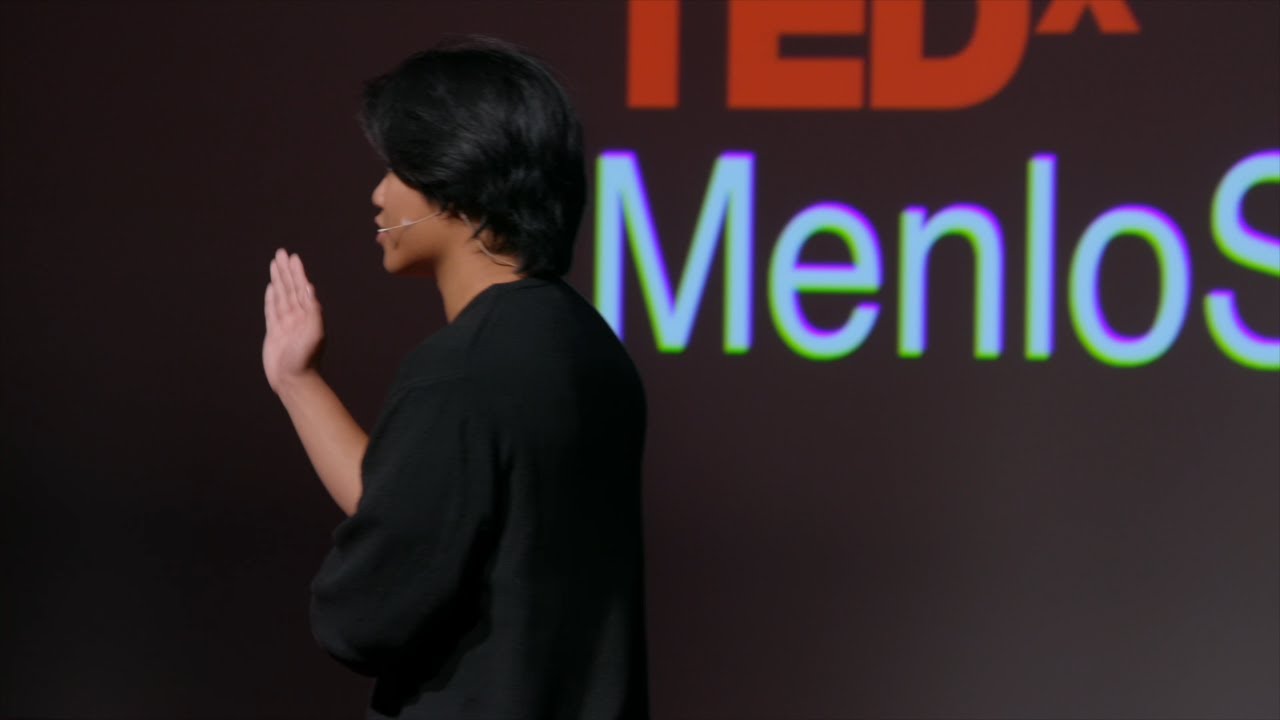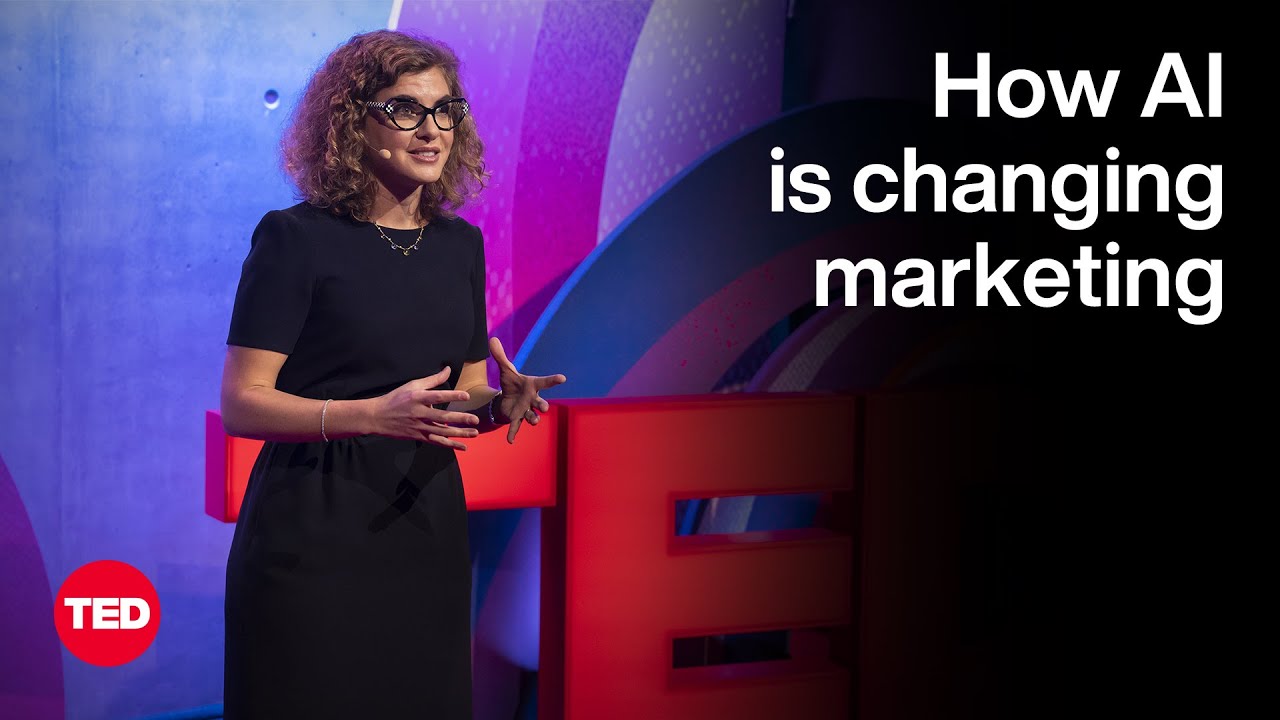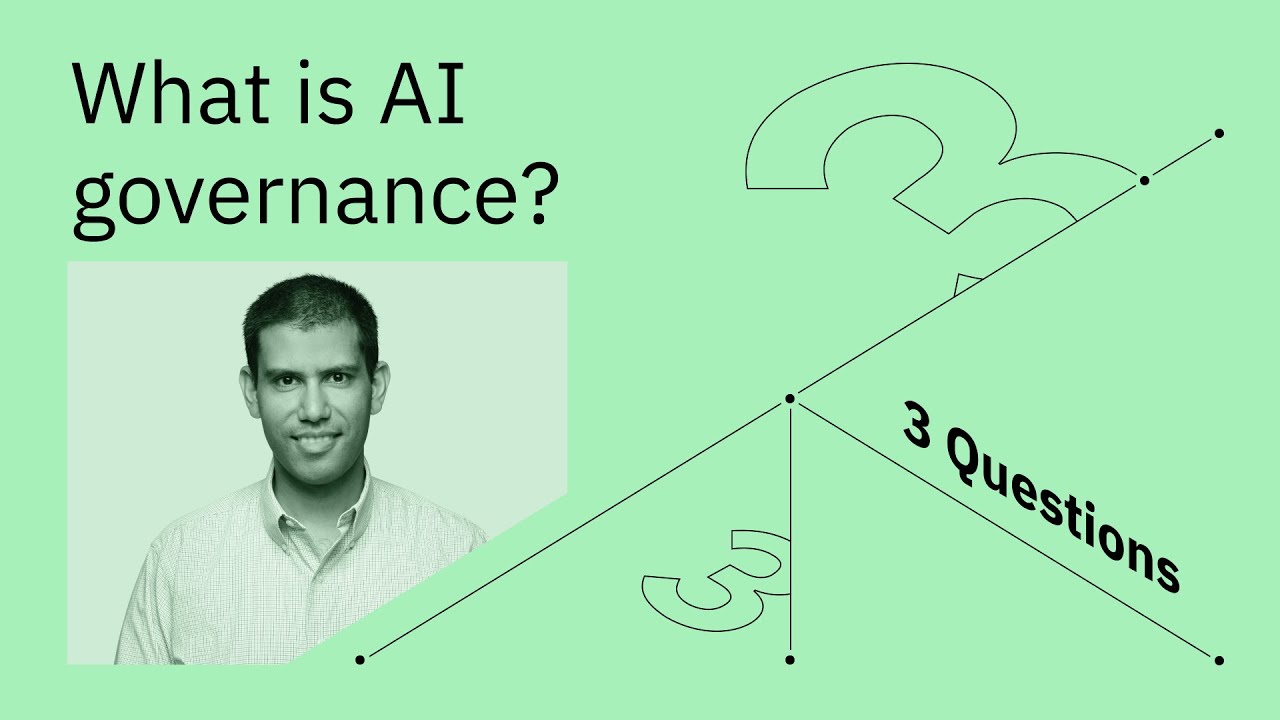Why should you watch this video?
Gary Marcus shares urgent concerns about the evolution of AI, focusing on the risks of misinformation, bias, and the potential for AI to undermine democracy, advocating for global governance and technical advancements to ensure AI’s safe integration into society.
Key Points
- Gary Marcus highlights the potential for AI to generate convincing yet false narratives, posing significant risks to democracy and truth.
- He discusses the limitations of current AI, including bias, the inability to distinguish between factual and plausible but false information, and the risk of being used to create misinformation or even chemical weapons.
- Marcus advocates for a new technical approach that merges symbolic systems and neural networks for more reliable AI and calls for the establishment of a global, nonprofit organization to regulate AI technology.
Broader Context
The talk situates the current state of AI within a broader historical context of technological advancements and their societal impacts. Marcus’s call for a hybrid technical approach, combining symbolic systems and neural networks, echoes the ongoing debate in AI research about achieving a balance between machine learning and human-like reasoning. His proposal for global governance reflects a growing consensus on the need for comprehensive regulatory frameworks to manage the ethical and societal implications of rapidly evolving AI technologies.
Q&A
- What risks does AI pose according to Gary Marcus? Marcus outlines risks including the generation of misinformation, inherent biases in AI systems, and the potential for AI to be used in creating harmful technologies.
- What solution does Marcus propose for reliable AI? He suggests a hybrid approach that combines the strengths of symbolic systems and neural networks to create AI systems capable of understanding and reasoning with factual information.
- What is the proposed governance model for AI? Marcus advocates for the establishment of a global, nonprofit, and neutral organization dedicated to regulating AI, emphasizing the need for both governance and research to address AI’s challenges.
Deep Dive
Marcus’s proposal for merging symbolic AI with neural networks aims to leverage the precise, fact-based reasoning capabilities of the former with the broad, learning-based approach of the latter. This blend seeks to overcome the current limitations of AI systems, which either lack scalability or struggle with truthfulness. Drawing parallels to human cognitive processes, Marcus argues for a model where AI can engage in both intuitive and deliberate reasoning, potentially leading to more reliable and trustworthy AI systems.
Future Scenarios and Predictions
Marcus envisions a future where AI is governed globally by a dedicated organization, leading to safer and more ethical AI development. This governance could guide AI research towards beneficial uses, prevent the misuse of AI in creating misinformation, and ensure that AI systems are free from biases. Moreover, a successful merger of symbolic and neural approaches in AI could pave the way for more advanced and reliable AI systems, capable of nuanced understanding and reasoning.
Inspiration Sparks
Imagine creating an AI system that combines the depth of human-like reasoning with the breadth of machine learning’s capabilities. How would such a system transform industries, education, and healthcare? Explore the potential impacts on daily life, the ethical considerations it raises, and how it could foster a deeper understanding between humans and AI.





